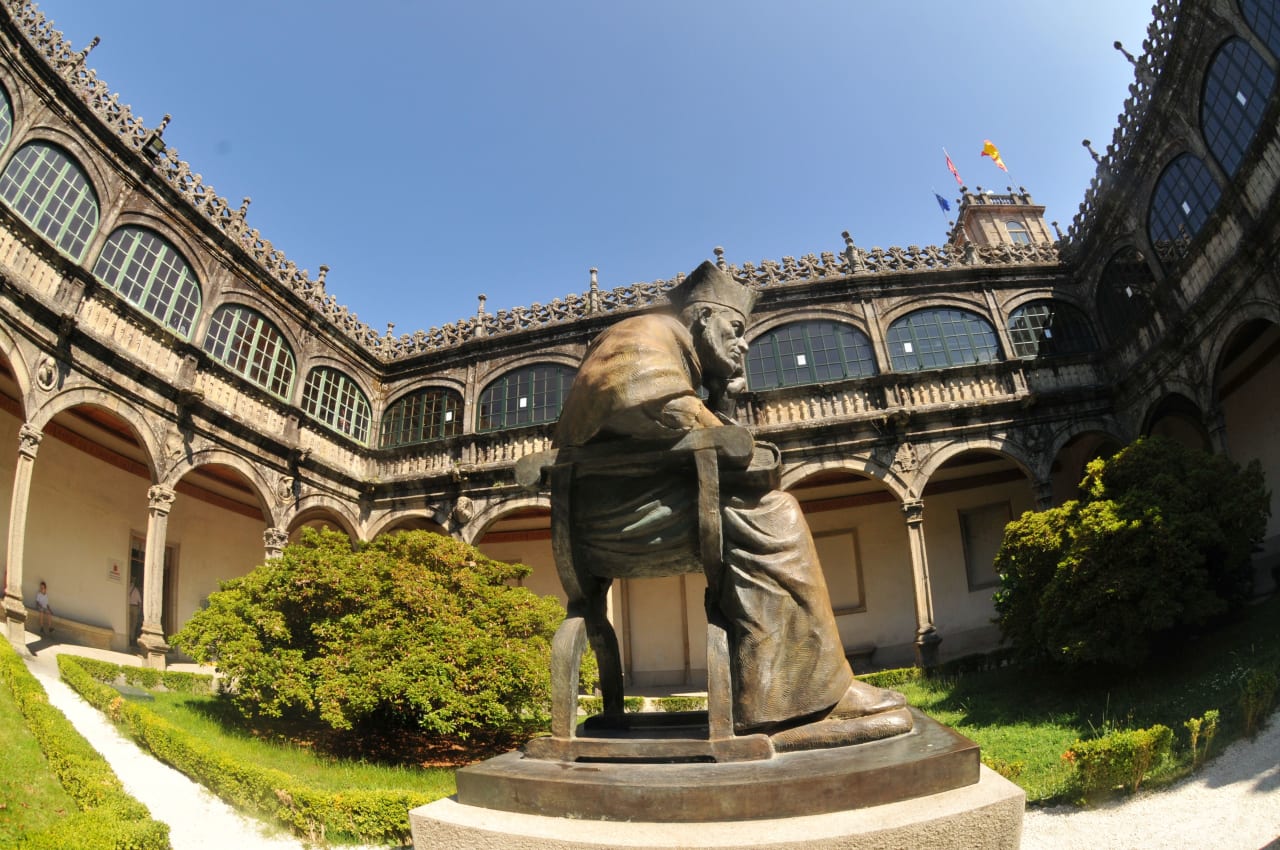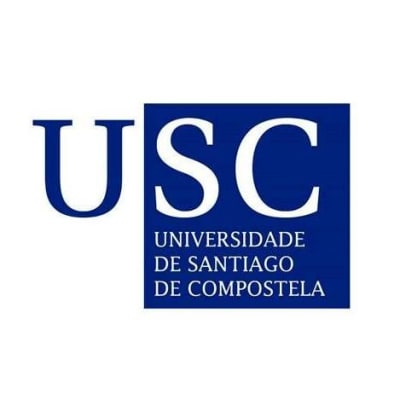
Master's Degree in Literature and Culture Studies
Universidade Santiago de Compostela

Key Information
Campus location
Santiago de Compostela, Spain
Languages
Spanish, Galician
Study format
On-Campus
Duration
1 year
Pace
Full time
Tuition fees
EUR 854
Application deadline
Request info
Earliest start date
Oct 2024
Introduction
The master's degree offers complete training that ranges from literary and cultural studies to tools for publishing literary texts or the field of cultural industries. Tradition, modernity and diversity coexist making literature and culture a door between the university and the world.
The variety of lines and contents of the Master's Degree in Literature and Cultural Studies offers the student a complete training that ranges from literary and cultural studies in various languages, to tools for editing literary texts or the emerging field of cultural industries.
Tradition, modernity and diversity thus coexist in a master's degree that makes literature and culture a door between the university and the world.
This master shares the academic structure, content and training with the Mundus Crossways in Cultural Narratives Master.
Curriculum
The Master's study plan covers a total of 60 ECTS that are divided into a common module (24 ECTS, 1st semester), which provides the fundamental contents and skills to pass each of the itineraries and to complete the Master's Final Project ( 15 ECTS), and two specialized itineraries respectively in Study and editing of literary texts and Theoretical and comparative studies of literature and culture, each of them structured in optional subjects binding to the chosen itinerary (6 credits, 1st semester) and optional subjects (15 ECTS, to choose from the 27 offered in each itinerary, 2nd semester).
Although the teaching regime is face-to-face, the master's degree is taught in the afternoon, which makes it compatible with other academic and professional activities. There is also a part-time modality.
The teaching languages are Spanish and Galician.
Program Outcome
- Innovation: Approaching, in a rigorous manner, what in recent years was called “post-literature”, reflecting and questioning the more traditional concept of the term Literature. Expand the idea of Literature through its relationship with new technological and communication media, cinema, the arts, and generic, social and cultural diversity. Delve into the processes of production, interpretation and transmission of literary creation.
- The Specialization: Provide a broad vision and methodology for the analysis of diverse literatures and cultures.
- Professionalization: Provide the student with sufficient capabilities and resources for professional activities in public or personal entities or for self-employment/business creation related to cultural participation, literary studies and publishing.
Gallery
Career Opportunities
The master's degree perfects and expands preparation for teaching literature, for which previous degrees (bachelor's or bachelor's degrees) and pedagogically oriented master's degrees already enable.
The master's degree also shows the need to move towards a modern pedagogy of literature. It is an approach to an authentic pedagogy of the text (in a broad sense) more adjusted to the circumstances of our society.
This reflective learning will enable students to interpret texts of any kind through lucid reading and to express themselves correctly.
The master's degree facilitates incorporation into a varied range of professional fields, such as advisor on editorial boards of newspapers, magazines and literary collections, assistant (as a documentary maker and/or researcher) to teams of scriptwriters, assistant (as a documentary maker and/or researcher) in stage direction of shows, cultural promoter, in the planning of exchange activities, in the organization of meetings, conventions, conferences or round tables; in the design of literary routes, translator and/or adapter of literary texts, university and high school teaching, creative in companies (advertising), cultural editor, sociocultural animation, promotion of culture in different institutions, public or private, international cooperation in the field of culture and education, interpreter, language reader, work in diplomatic positions, in transportation and communication infrastructures, in cataloguing, archives and museums. Last, but not least, a master's degree of these characteristics provides cultural knowledge and a capacity for analysis, reflection, interpretation and for intervention and interaction that are valuable for many fields of professional activity as transversal skills.